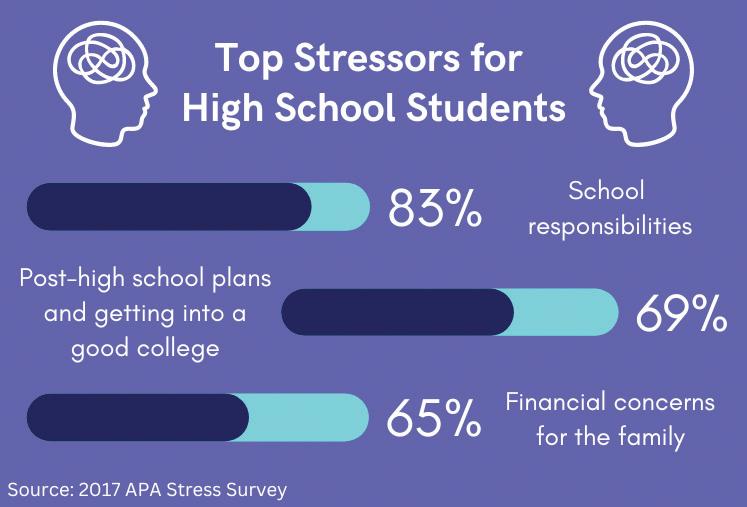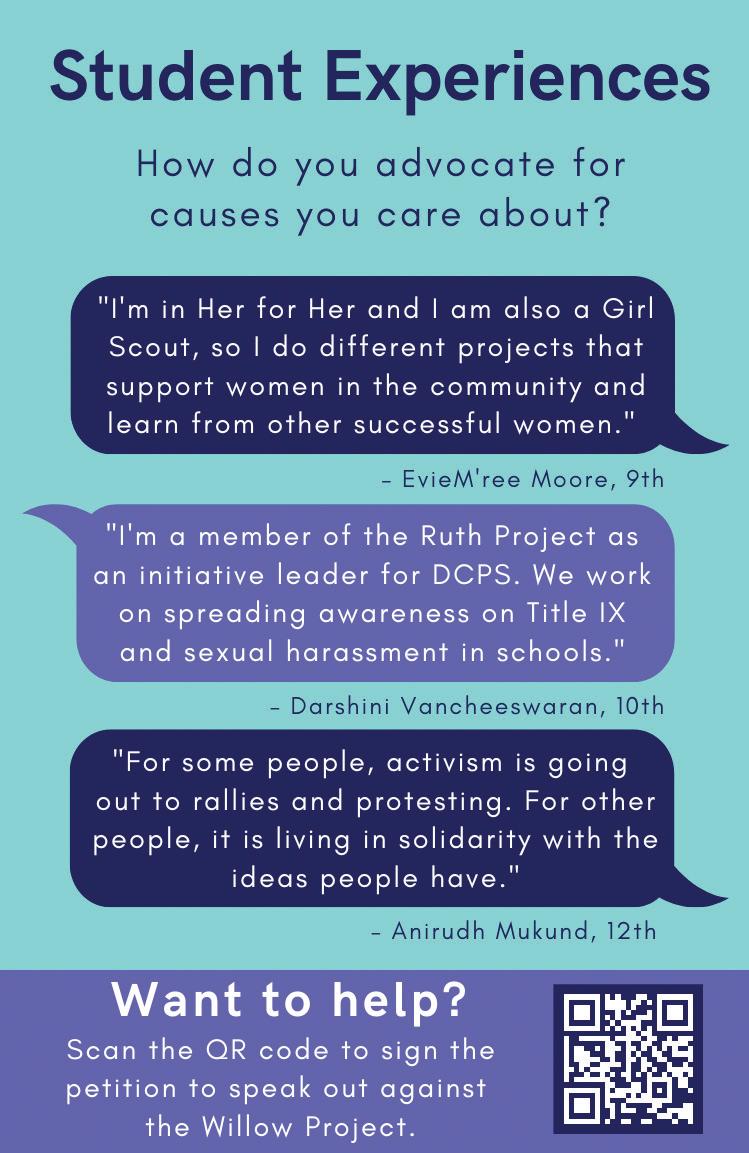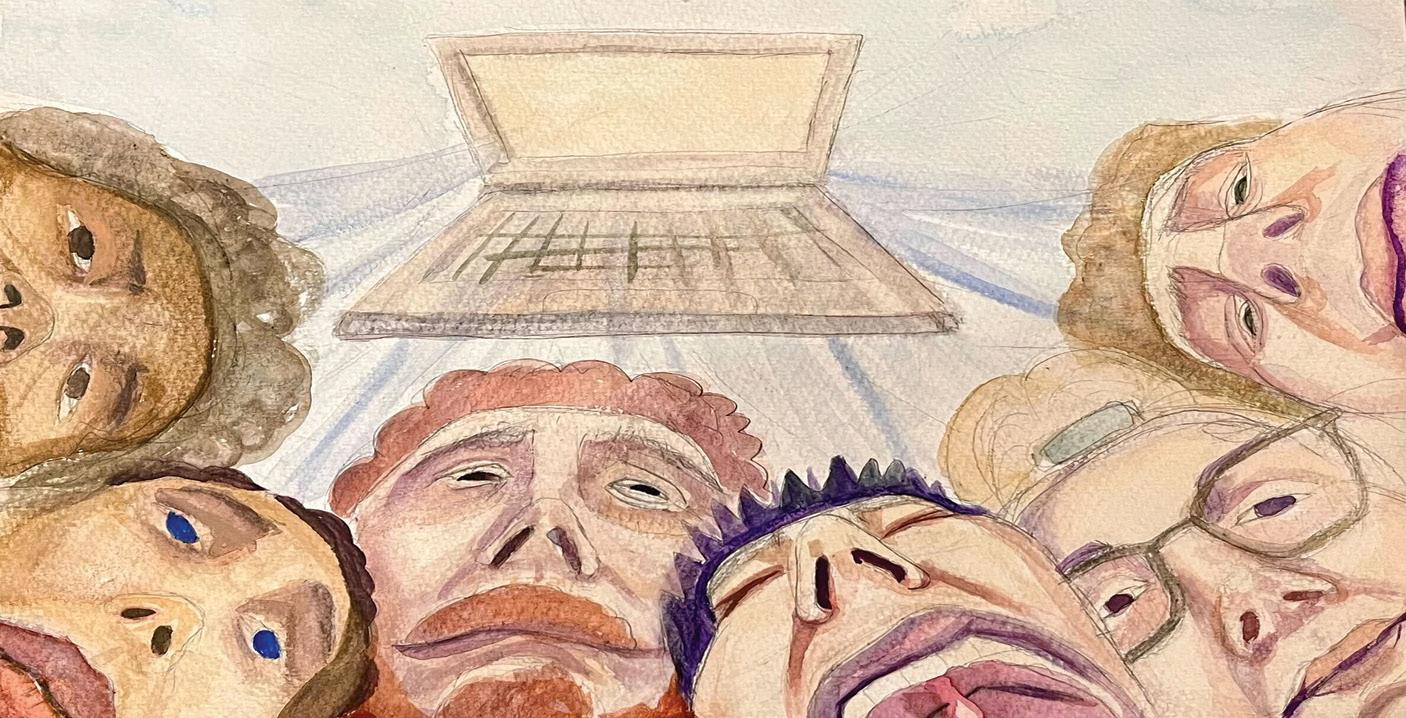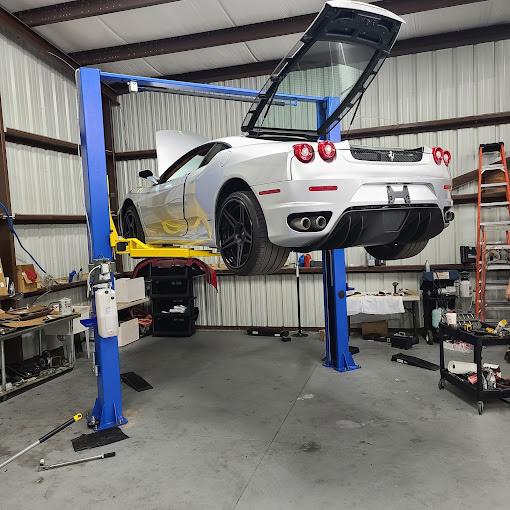
2 minute read
The Problem With Academic Validation
By KATIE WONG, Contributing Writer
even when they were prepared. This study is only one of many that highlight the growing academic pressure on students.
Advertisement
photo by Spurthi Nrusimhadevara
Academic validation is when students seek gratifcation based on their grades, test scores, and other academic standards. This comes from a fawed reward structure that has been ingrained into students’ heads by the education system, allowing them to fall in love with the idea of being validated and recognized by their society for their achievements. In reality, academic validation is a stressful and toxic cycle that is extremely difcult to break out of.
Students, including those at Stanton College Preparatory School, are in an environment where they feel there is always room for improvement but no room for failure. Students overlook this pressure because they perceive academic validation as a way to make school more enjoyable, by using high grades to justify their overwhelming stress.

According to a 2019 study conducted by the International Journal of Adolescence and Youth, the Organization for Economic Co-operation and Development surveyed 540,000 students ages 15 and 16 in 72 countries. They found that 66% of students worried about bad grades and 55% reported academic anxiety regarding test taking
In a rapidly changing society that places increasing emphasis on education in the workforce, students will often worry about their futures and what college they will be attending. Because of this, they tend to overemphasize grades and test scores, using numbers to defne themselves and separate them from each other.
However, academic validation is often idealized on social media and in the entertainment industry. One example is in “Gossip Girl,” a popular television program from the CW Network, through one of the main characters, Blair Waldorf. She is the typical overachiever and perfectionist with a devoted work ethic. In her entire academic career, she has always earned straight A’s and been headstrong and ambitious. But in season two of the show, Blair panics after getting a B, thinking it would squash her chances of getting into Yale. “Gossip Girl” is unrealistic because it portrays Blair getting into all sorts of fascos while still managing to land a prestigious magazine internship, maintaining a 4.0 GPA, and running a multi-million dollar business. In real life, if a student were to do what Blair did, they most likely wouldn’t have much time for anything else, and this could take a serious toll on their physical and mental health.
Blair, like many students, seeks gratifcation for her academic achievements. Because the show is so popular, it, along with other forms of media, can spread the negative impacts of academic validation. This leads to students romanticizing their academic pressure to cope with the high levels of stress that follow recognition and approval by society. Students can even glamorize the stress itself as another way to stand out. This perpetuates the cyclical toxicity of academic validation present in many schools.











